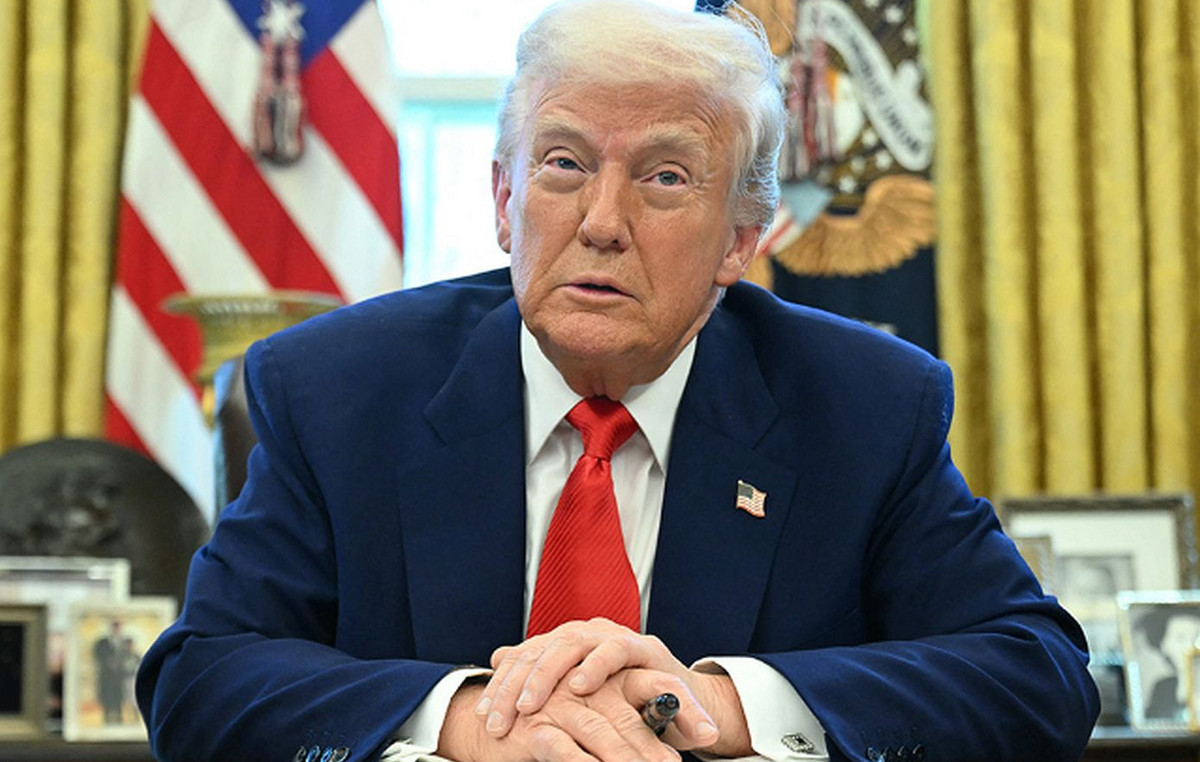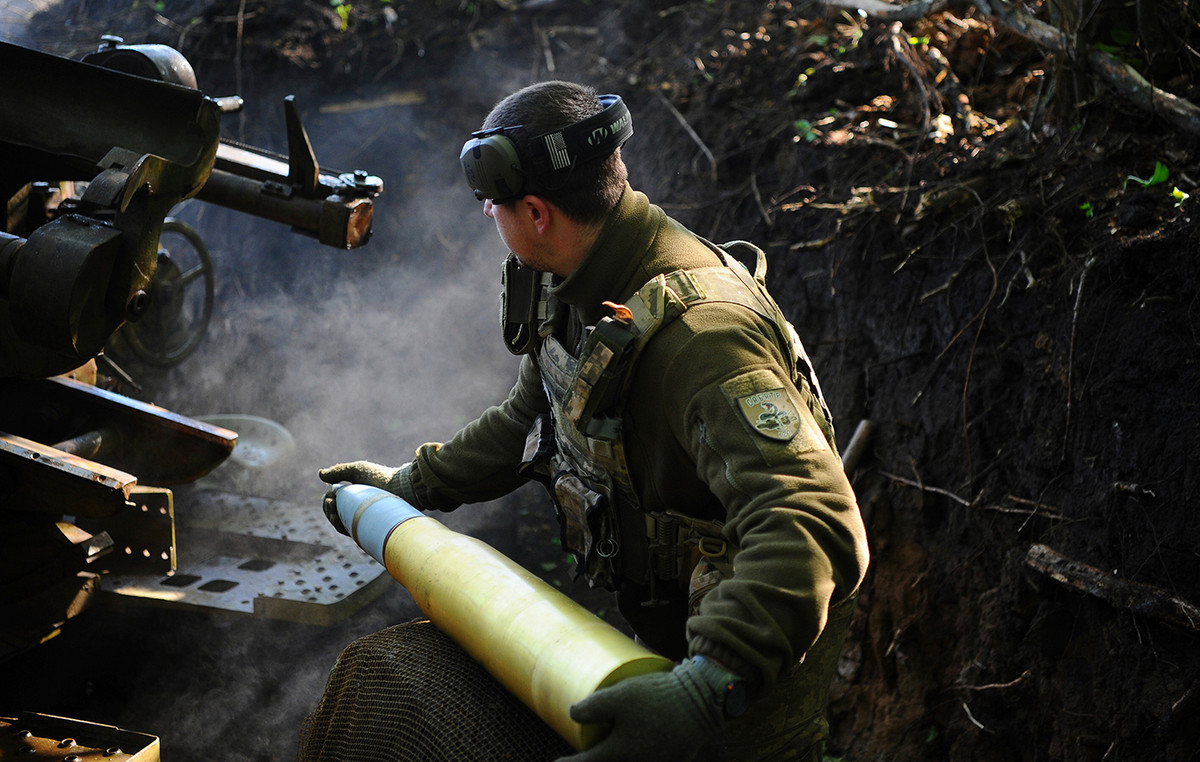Between 2010 and 2019, cities in Minas Gerais with an average minimum daily temperature of 21.2ºC had more cases of dengue, compared to cities with minimum temperatures between 11.6 and 13.7ºC.
The data are the results of a survey by the Federal University of Juiz de Fora (UFJF) published this Monday (25). The temperature variation survey considered 38 micro-regions of Minas Gerais, using data from the European Center for Medium-Range Weather Forecasts, crossed with dengue cases, DataSUS.
The research seeks to relate temperature to dengue cases, to understand more favorable environments for the proliferation of Aedes aegypti, the mosquito vector of the disease. “This information is very useful for building robust forecasting models, since one of the steps for their construction would be precisely understanding which variables should be inserted and how they should be programmed”, says João Pedro Medeiros Gomes, co-author of the study, to CNN .
This year, Minas Gerais is the state with the highest dengue notifications, according to the Ministry of Health. Brazil already exceeds 2 million cases.
The incidence of dengue, among the 10 years, was lower in regions of Minas Gerais with average daily minimum temperatures classified by researchers as extreme and moderate cold temperatures (11.6 to 13.7ºC).
The variation in minimum air temperature was wide, from 2.5ºC in Pouso Alegre to 26.5ºC in Frutal and Ituiutaba. Studies estimate that the ideal temperature range for mosquitoes is 16ºC and 34ºC – and that their larvae die within a few days in places below 8ºC.
Climate Change and dengue
Increasing temperatures can lead to the expansion of the border of Aedes aegypti — the mosquito begins to reach and reproduce in regions that, before, the colder climate did not allow.
“We have to pay attention to the south of Minas. In our analysis, these cities, coincidentally colder, had a much lower incidence”, warns the researcher. According to him, the climate emergency increases the frequency of extreme events and heat waves can be “the perfect time” for the proliferation of mosquitoes and consequently dengue fever.
“With climate change, they will increase and without effective measures to stop dengue, such as vaccination, we can think that the same could happen with the disease”, he states.
The study was anticipated by Agência Bori
Source: CNN Brasil
I’m James Harper, a highly experienced and accomplished news writer for World Stock Market. I have been writing in the Politics section of the website for over five years, providing readers with up-to-date and insightful information about current events in politics. My work is widely read and respected by many industry professionals as well as laymen.







